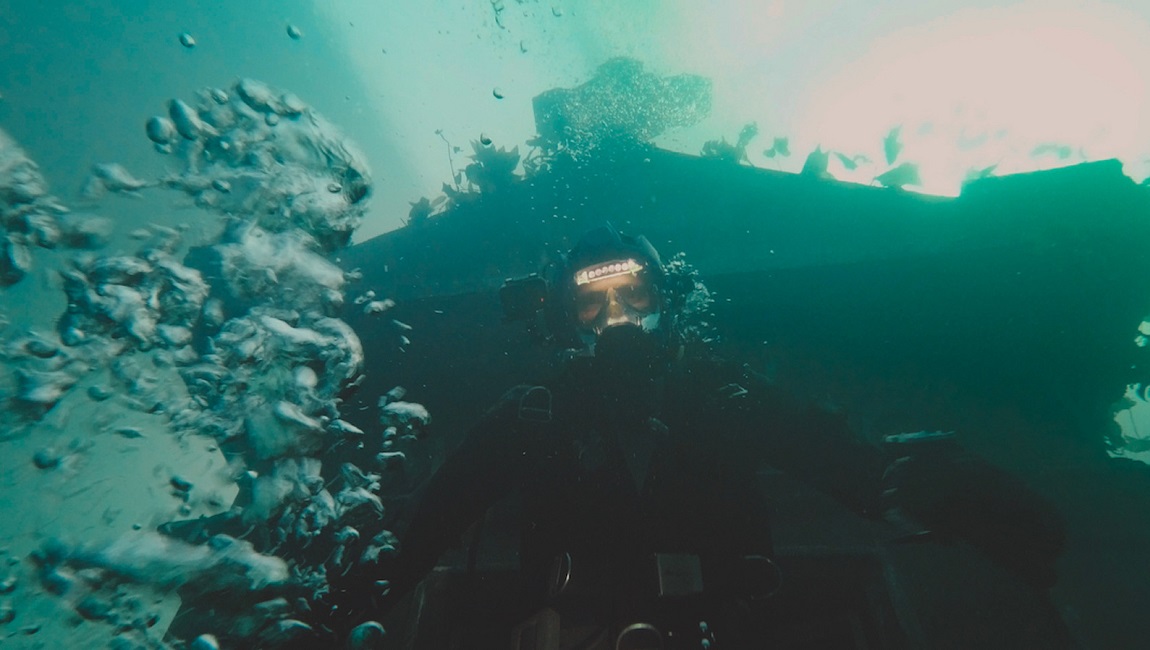In the 25 years since Robert Zemeckis released Contact, the search for extraterrestrials has moved from fringe conspiracy theory to a matter of national security. Earlier this year, the Pentagon even created an official bureau to investigate the phenomena, known as the All-domain Anomaly Resolution Office (AARO). Is this unwieldy acronym perhaps a nod to Contact’s tough, principled heroine Ellie Arroway (Jodie Foster)? Hey, a critic can dream.
Orphaned at a young age, Ellie takes to the stars with the fervor of a true believer, twiddling dials on tinny ham radios before graduating to Arecibo Observatory. Despite the hurdles of specializing in SETI (the Search for Extraterrestrial Intelligence), a marginalized field with limited funds and even less credibility, she is driven by something bigger than herself. Behind every fuzzy radio wave is a yearning to locate what is out of reach on Earth — and not just cosmic traces of her parents. She’s looking for proof of something more intelligent and more advanced, with a capacity for hope and compassion — and yes, faith — beyond what humanity can possibly perceive. It’s not hard to imagine a universe where Ellie’s truth-seeking draws her into the fold, trading her telescope for a rosary. But in this universe, that role is occupied by Palmer Joss (a somewhat unlikely Matthew McConaughey), a politically-connected theologian with whom Ellie becomes romantically involved.
Later, at New Mexico’s remote VLA compound, Ellie and her team of astronomers finally identify an unmistakably intelligent radio signal from Vega, the universe’s fifth-largest star. The signals correspond to prime numbers because, as Ellie deadpans, mathematics, not English, is the only truly universal language. The scientists then receive vast quantities of encrypted data, which reveal schematics for a transport machine that will presumably take its passenger on the 26-light-year journey to Vega. Crucially, it only contains one seat.
For a film about the final frontier, particularly one in the hands of Zemeckis, Contact is conspicuously Earth-bound. Once the schematics go public, the global political machine kicks in almost immediately. What ensues is considerable behind-the-scenes jockeying: incredulous presidential briefings, switch-and-bait congressional hearings, and much international back-channeling. There’s even a blandly reductive name for the project, the International Machine Committee, and cleverly edited footage of President Bill Clinton giving the project his blessing (he was actually discussing the claim that a meteorite found on Antarctica contained life from Mars.) Unlike the UFO blockbusters of the ‘80s, Contact is a spiritual predecessor to the more cerebral alien flicks of recent years, such as that other extremely long Matthew McConaughey vehicle, Interstellar, and Dennis Villeneuve’s Arrival, in which Amy Adams leads an ESL-for-aliens program.
Given the chaos, which causes the project to stray perilously far from its original mission, it’s no wonder Ellie is desperate to right the ship. Yet despite her considerable qualifications, at the eleventh hour her atheism proves the sticking point. As a non-believer, why should she get to represent humanity, 95% of whom believe in a higher power? Ellie does, in fact, but she wouldn’t necessarily call it “God.” And so the seat goes to Dr. Drumlin (Tom Skerritt), a scientist-slash-political-operative who’s no friend to Ellie, having pulled the plug on her funding back at Arecibo Observatory. (For financial reasons, it’s a given that the seat will belong to an American. If the committee were actually sticklers about accurate representation, as they claim, the occupant would surely be Asian.)
After the signal goes public, the desert around VLM springs to life with all manner of cult leaders, mystics, and general kooks, some harmless, others crazed. And when Ellie finally has her chance in the machine, her experience — and the blatant political gaslighting that ensues — raises far more questions than answers. Where did she go? How long was she gone? Was the entire thing — signal, machine, wormhole — just an elaborate hoax? Yet Ellie chooses to believe, without any empirical evidence and in the face of her scientific training, that she was gone for 18 hours, not the fraction of a second the video monitors capture. That the Vegan she met, who took the form of her father, on a beach that resembled her childhood drawing, was real.
Based on a novel of the same name by the late Carl Sagan, to whom the film is dedicated, Contact is unafraid to fully inhabit the never-ending debate of science vs. religion, asking questions that would probably land it on the wrong side of a picket line today (again, we see Zemeckis staking out territory that’s bolder than it necessarily seems on its face). That it does so with generosity and forbearance seems a small miracle given our nation’s subsequent slide toward intractable religious and political partisanship. Ellie and Palmer are on opposite sides of this debate, but around each other, middle ground comes easy. Their differences are intellectually stimulating, not existentially threatening. During her interview for the machine seat, Ellie tells the selection committee that the only question she would ask the Vegans is how they survived their “technological adolescence” without self-destructing. Perhaps their answer, as Occam’s Razor would posit, is far simpler than we want to believe.
Part of Robert Zemeckis: Movie Magician







